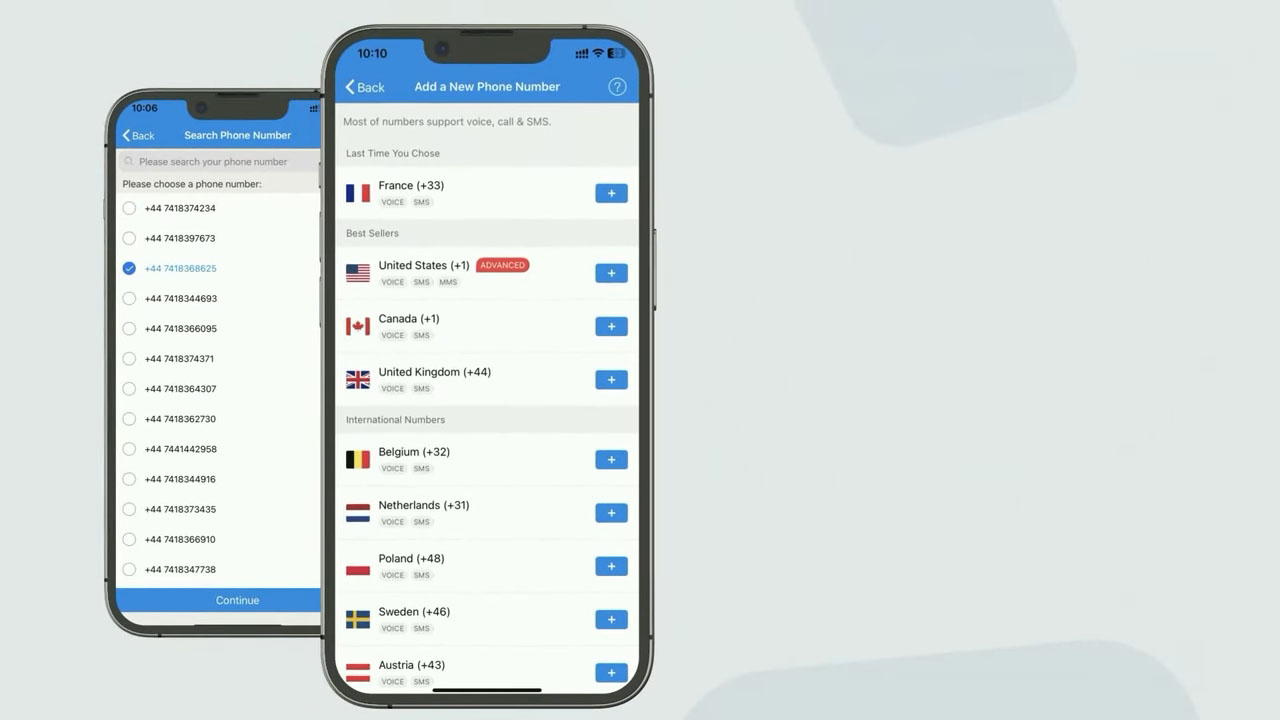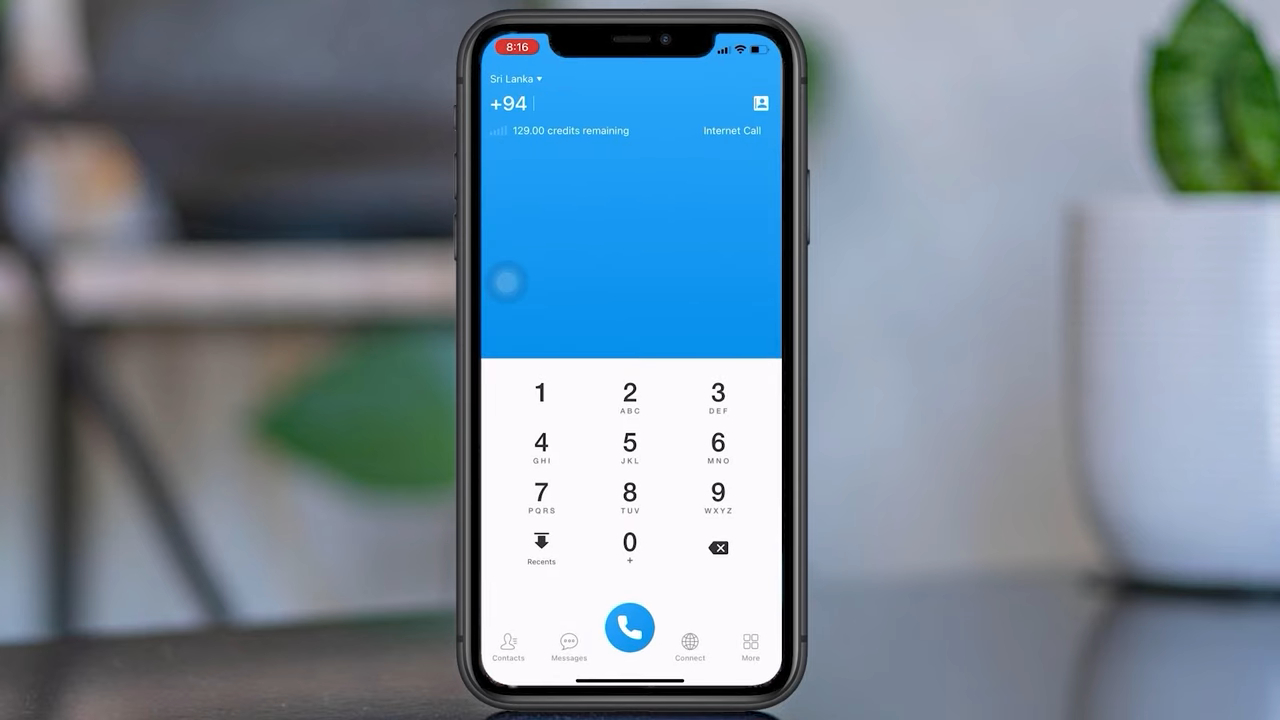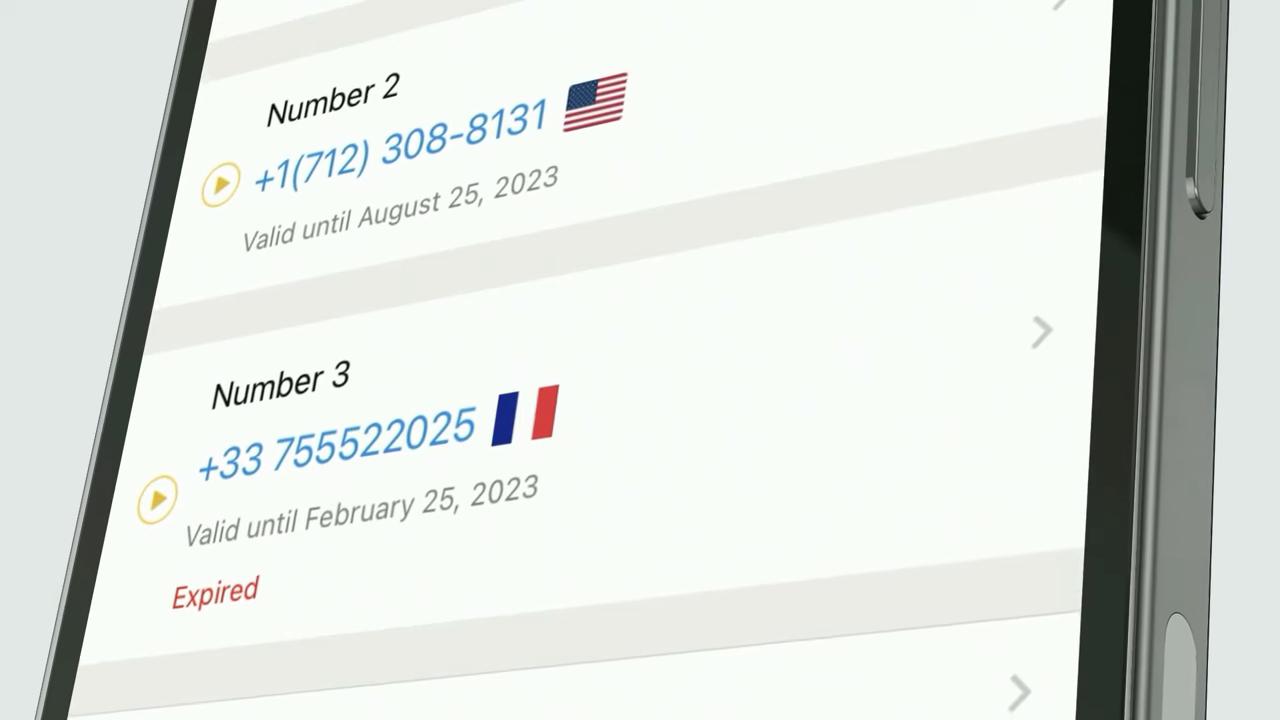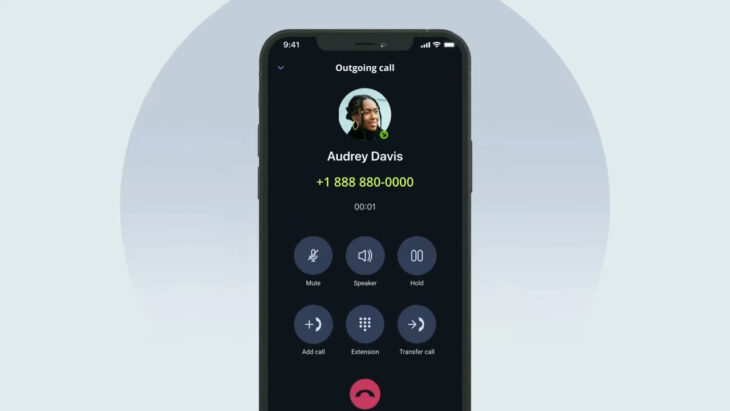Virtual phone systems are a game-changer in business communication. It represent a convenient and affordable solution for making international calls. That is the main reason why so marketing agencies are using it.
It is a perfect tool for promotions, but also for public research and creating various statistics. I will share more details about virtual phone system in the following sections.
Table of Contents
ToggleKey Takeaways
- Virtual phone systems significantly enhance business communication with features like flexibility across devices, advanced call management, and seamless CRM integrations.
- They offer cost-effective solutions with scalability and reliability, which is perfect for businesses of all sizes and types, including remote and global teams.
- Key players like Dialpad, GoToConnect, Aircall, 8×8, and OpenPhone each provide unique advantages, making them suitable for various business needs and budgets.
What Are the Main Features?
Business communication is changing fast, thanks to the smart and handy virtual phone systems.
These systems are more than just a tool – they are a valuable resource that offers a range of features to suit the different needs of modern businesses.
Flexibility Across Devices

One of the standout features of virtual phone systems is their ability to function seamlessly across various devices. Whether it’s a desktop, laptop, smartphone, or tablet, these systems ensure that your business communication is not confined to the traditional office space.
This level of flexibility is crucial for businesses with remote teams or those adopting a hybrid work model.
Advanced Call Management
Virtual phone systems come equipped with sophisticated call management features. This includes call forwarding, which allows calls to be redirected to different numbers or devices, ensuring that important calls are never missed.
Additionally, features like call hold, mute, and transfer provide a professional calling experience, akin to traditional office phone systems.
Voicemail and Voicemail-to-Email
Modern virtual phone systems convert voicemails to text and forward them to your email. This feature not only saves time but also allows for quick scanning and prioritization of messages.
Auto-Attendant and Interactive Voice Response (IVR)
An auto-attendant or IVR system is like having a virtual receptionist. It greets callers and guides them to the appropriate department or individual through voice prompts.
The feature enhances customer experience by reducing wait times and ensuring calls are efficiently routed.
Conference Calling and Video Meetings

In a world where remote meetings have become the norm, virtual phone systems offer robust conference calling and video meeting capabilities.
It facilitates collaboration among team members, regardless of their geographical locations, and supports integration with popular video conferencing platforms.
Call Recording
For businesses that need to maintain records of conversations for compliance or training purposes, call recording is an invaluable feature.
It allows for the recording and storage of calls, providing a resource for review and quality control.
Customizable Caller ID
Virtual phone systems offer the ability to customize caller IDs, which can be crucial for businesses operating in multiple regions or countries.
This feature ensures that your business presents a local presence, even if your team is distributed globally.
SMS and MMS Messaging
With the increasing reliance on text messaging in professional contexts, virtual phone systems often include SMS and MMS capabilities.
It allows businesses to engage with customers and colleagues through text messages, expanding the avenues of communication.
Scalability and Easy Integration

These systems are highly scalable, meaning they can grow with your business. Adding new users or expanding features is typically straightforward.
Additionally, many virtual phone systems offer easy integration with CRM software, enhancing customer relationship management.
Detailed Analytics and Reporting
Understanding call patterns, peak calling times, and other metrics can be vital for business strategy.
Virtual phone systems often come with comprehensive analytics and reporting tools, providing insights that can inform business decisions.
What Are the Main Benefits?
These systems are not just a tool, but a game-changer that offers a variety of benefits that transform the way businesses work.
Let’s take a look at the key benefits that make virtual phone systems a must-have for any business, big or small.
Cost-Effectiveness
One of the most compelling advantages of virtual phone systems is their cost-effectiveness. Traditional phone systems often come with hefty installation fees, ongoing maintenance costs, and expensive hardware.
In contrast, virtual phone systems eliminate the need for physical infrastructure, reducing overhead costs significantly. This is particularly beneficial for startups and small businesses where budget constraints are a common challenge.
Enhanced Flexibility and Mobility
The ability to communicate from anywhere is no longer a luxury but a necessity in today’s fast-paced business environment. Virtual phone systems enable this mobility by allowing employees to make and receive calls from any location, be it their home, a coffee shop, or halfway across the world.
It not only supports the growing trend of remote working but also ensures that business operations are not disrupted by geographical constraints.
Scalability
As businesses grow, their communication needs evolve. Virtual phone systems are innately scalable, allowing companies to easily add or remove lines, features, and services as required.
That ensures that the phone system grows with the business, providing a sustainable communication solution that can adapt to changing business needs.
Improved Customer Experience
Features like auto-attendants, call routing, and IVR systems enhance the customer calling experience. They ensure that calls are directed to the right person or department, reducing wait times and improving overall customer satisfaction.
This is crucial in an era where customer experience is often a key differentiator among competitors.
It can be a perfect solution as part of Quality Assurance strategy.
Advanced Features and Integrations
Virtual phone systems come loaded with advanced features that are not typically available with traditional phone systems. These include voicemail to email, call recording, conference calling, and customizable caller IDs.
Additionally, many virtual systems offer seamless integration with CRM software and other business tools, enhancing workflow efficiency and data synchronization.
Reliability and Continuity
Despite being internet-based, modern virtual phone systems offer remarkable reliability. They often come with built-in redundancy and failover capabilities, ensuring that communication lines remain operational even in the event of an internet outage.
The reliability is paramount for businesses where communication is critical.
Enhanced Team Collaboration
With features like conference calls and video meetings, virtual phone systems foster better team collaboration.
They enable teams to connect and collaborate effortlessly, regardless of their physical locations, which is vital in a world where team structures are increasingly global and diverse.
Environmental Benefits
By eliminating the need for physical hardware and paper-based systems (like traditional fax machines), virtual phone systems contribute to a greener, more sustainable business environment.
That is increasingly important for businesses looking to reduce their environmental footprint.
Comprehensive Analytics
These systems provide detailed analytics and reporting capabilities, offering insights into call patterns, peak calling times, and customer interactions.
The data is essential for businesses seeking to optimize their communication strategies and improve customer engagement.
Enhanced Professionalism
For small businesses and freelancers, a virtual phone system can significantly enhance their professional image.
Features like a professional greeting, dedicated business number, and the ability to route calls to different departments (even if it’s all handled by the same person) lend a more established and professional impression to clients and partners.
What Are the Best Services Available At the Moment?
Based on extensive research and personal experience, I have compiled a list of some of the best virtual phone systems currently available in the market.
Dialpad
Dialpad stands out for its AI-driven technology, offering real-time transcription services that are a boon for record-keeping and accessibility. The system starts at $15 per user per month, making it a cost-effective solution for businesses looking for advanced features without a hefty price tag.
It offers a user-friendly interface and seamless integration with various productivity tools. The Voice Intelligence feature provides unique insights into customer interactions, making it a top choice for businesses focused on customer engagement and service improvement.
GoToConnect
Starting at $22 per user per month, GoToConnect is renowned for its scalability, making it an ideal choice for growing businesses. It offers a comprehensive suite of features including call routing, “find me follow me” functionality, call filtering, internal chat, and video conferencing.
Its integration capabilities are particularly impressive, allowing for smooth workflow with other business tools. The platform is praised for its reliability and high-quality audio and video, making it a dependable choice for businesses that prioritize uninterrupted communication.
Aircall
Aircall, with plans starting at $30 per user per month, is tailored for sales and support teams. It provides a simple yet powerful interface with features like automated greetings, on-hold music, voicemail, and parallel calling.
Its strength lies in its easy setup and integration with popular CRM systems, making it a valuable tool for teams that need to keep detailed customer records. Aircall’s analytics and reporting tools are also noteworthy, offering valuable insights for performance evaluation and strategy refinement.
8×8
8×8 offers an all-in-one communication system with a starting price of $12 per month per user. It is celebrated for its unlimited calling, video, and chat capabilities. The service stands out for its robust CRM integration options, appealing to businesses that need comprehensive customer interaction tracking.
The affordability of 8×8, combined with its extensive feature set, makes it a popular choice for small to medium-sized businesses looking for a versatile communication solution.
OpenPhone
OpenPhone is an excellent option for small teams and startups, with its Standard plan starting at just $10 per month per user. This system offers local numbers, automated texts for missed calls, call forwarding, and integration with HubSpot’s CRM.
While it might not have the extensive feature list of some competitors, its affordability and simplicity make it a strong contender for businesses that need a straightforward, effective virtual phone system.
Comparison of Virtual Phone Systems
| System | Key Feature | Starting Price (per user/month) |
|---|---|---|
| Dialpad | AI-driven technology, real-time transcription | $15 |
| GoToConnect | Scalable, comprehensive features including video conferencing | $22 |
| Aircall | Designed for sales and support, easy CRM integration | $30 |
| 8×8 | All-in-one communication, unlimited calling | $12 |
| OpenPhone | Cost-effective, ideal for small teams and startups | $10 |
FAQs
Is virtual phone safe?
A virtual phone is safe as long as you use a trustworthy service provider and a secure internet connection. Some virtual phone systems also have encryption, authentication, and other security features to protect your calls and data.
Is there a free virtual phone?
There are some virtual phone services that have free plans or trials, but they usually have limited features, minutes, or texts. For example, there is a service that gives you a free account with 50 voice minutes and 50 chat minutes per month.
What is virtual smartphone?
A virtual smartphone is a device that runs on a cloud platform and can be accessed from any web browser. It lets you use apps, make calls, send messages, and store data without having a physical smartphone. There are some providers that offer virtual smartphone services.
Does Google have a virtual phone?
Google has a virtual phone service that lets you make and receive calls, texts, and voicemails using a Google number. You can use it on your computer, smartphone, or tablet. It is free for personal use in the US and Canada, but it charges for international calls and some other features.
Summary
Virtual phone systems are essential for modern business communication, as they offer various solutions for different needs. Each system has unique benefits, such as Dialpad’s AI-driven capabilities or OpenPhone’s affordability for startups.
These platforms can improve customer interaction, ensure scalability, and integrate with existing CRM tools. The main thing is to identify your communication needs and choose a system that matches your goals and budget.




